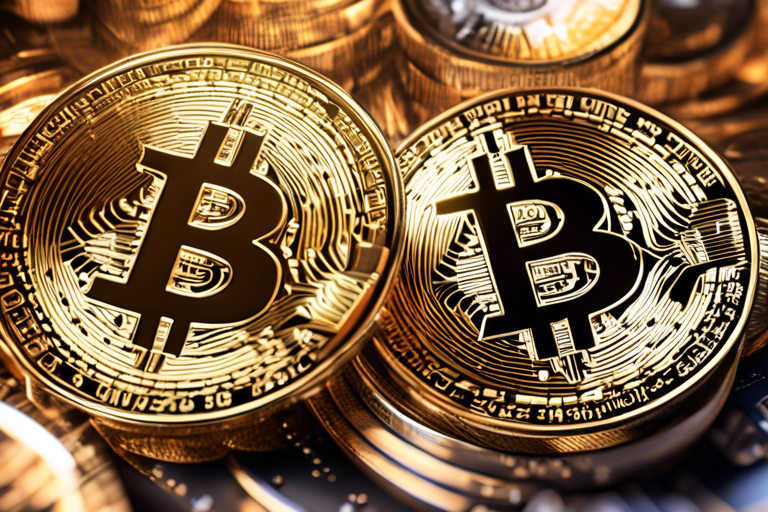Bitcoin Prices React to Inflation Data 📈
Bitcoin and other cryptocurrencies experienced a surge in prices following the release of inflation data in the United States. The Consumer Price Index (CPI) rose by 3.3% in the 12 months through May, slightly below economists’ expectations of 3.4%. This news had a positive impact on cryptocurrency prices, with Bitcoin seeing a 2.8% jump to around $69,500. Other cryptocurrencies like Ethereum and Solana also posted gains of over 3% in the wake of the inflation report.
How the Markets Responded 📉
The overall market sentiment was positive, with the S&P 500 and Nasdaq Composite also showing gains. The Federal Reserve’s upcoming policy meeting, where interest rates are expected to remain unchanged, further influenced market dynamics. Bitcoin’s price approached $70,000, reflecting a 4% increase in the past day.
- The CPI rose by 3.3% annually
- Bitcoin surged 2.8% to $69,500
- Other cryptocurrencies saw gains over 3%
- The S&P 500 and Nasdaq Composite opened positively
- Bitcoin approached $70,000
The Fed’s Impact on Interest Rates 🏦
While the Fed is expected to keep interest rates steady, the chance of a rate cut in September has increased. This shift in expectations could impact the U.S. economy positively, leading to lower borrowing costs. Analysts suggest that Bitcoin’s price might test all-time highs once again as the prospect of rate cuts gains traction.
Expert Insights and Market Outlook 💡
Grayscale’s Head of Research, Zach Pandl, expressed confidence in Fed rate cuts, highlighting the potential impact on Bitcoin’s strength relative to the dollar. The response to recent economic data points to a market environment where investors are closely monitoring inflation figures and Fed policy decisions.
Hot Take 🚀
Despite short-term market fluctuations, Bitcoin and other cryptocurrencies continue to be influenced by key economic indicators like inflation data and central bank policies. Understanding these dynamics is crucial for investors navigating the crypto landscape.





 By
By
 By
By
 By
By
 By
By

 By
By